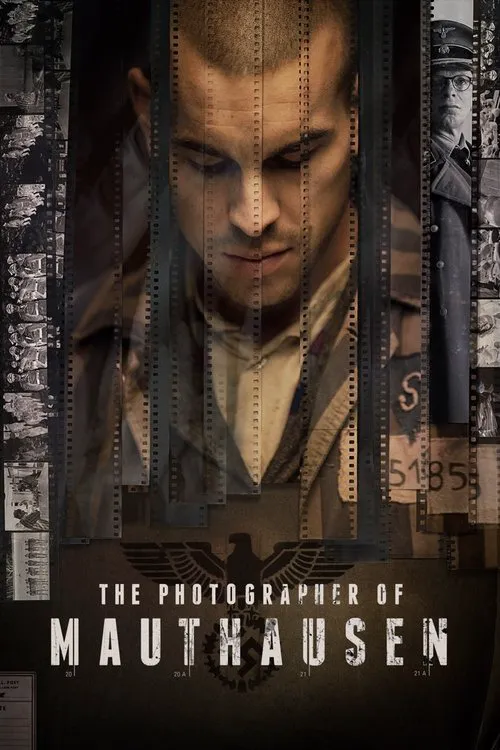The Photographer of Mauthausen

Plot
In the midst of one of the darkest periods in human history, amidst the atrocities perpetrated by the Nazi regime in World War II, a poignant tale of courage and resilience emerges. The Photographer of Mauthausen, directed by Mar Targarona, brings to light the remarkable story of Spanish photographer Francesc Boix, who managed to document the heinous crimes committed at the Mauthausen-Gusen concentration camp through his work in the SS Photographic Service. Set between 1943 and 1945, the film begins with Francesc, a young and talented photographer, already imprisoned at the notorious Mauthausen camp. Despite being a captive, Francesc leverages his skills to work for the SS, an ironic yet calculated move that allows him to subtly oppose his oppressors. Working in the photographic service, Francesc is tasked with capturing the everyday life within the camp, as well as documenting the brutal treatment of prisoners. However, Francesc, along with a small group of trusted allies, conceives an audacious plan to hide thousands of negatives documenting the atrocities committed by the Nazis. In order to do so, they meticulously document the camp's harsh realities, revealing the cruel and dehumanizing treatment of prisoners. From the inhumane experiments conducted on prisoners to the sheer brutality of the guards, every negative captured is a testament to the suffering and injustice perpetrated by the Nazi regime. Francesc's motivations for hiding these negatives are both personal and collective. Not only does he seek to provide proof of the atrocities committed by the Nazis, but he also hopes to one day be able to show the world the inhumane conditions that have led to his own imprisonment and the suffering of countless others. As he clandestinely captures these images, Francesc is well aware that every roll of film holds immense power and the potential for historical accountability. The film meticulously interweaves the narrative of Francesc's photographs with his personal story, delving into the complexities of his character. His motivations and emotions are palpable, making it clear that his decision to hide these negatives is not solely driven by a desire for justice, but also by his own longing for freedom and his yearning to share a glimmer of hope with those outside the camp. The supporting characters within the film are equally well-written, their nuances adding depth to the narrative. Throughout the film, the stark contrast between the Nazi regime's propaganda and Francesc's documentation is striking. While the Nazis work tirelessly to sanitize their image, Francesc's photographs reveal the true extent of their malevolence. These photographs, captured with the utmost care and danger, provide a window into the horrors that have occurred within the confines of the camp. The film culminates with Francesc's eventual release from the camp and his subsequent role as a key witness during the Nuremberg Trials. This pivotal moment is both a testament to Francesc's courage and a sobering reminder of the atrocities that he has witnessed. As a photographic witness to these crimes, Francesc's role in the trials serves as a powerful reminder of the significance of documentation in exposing the truth and holding perpetrators accountable for their actions. Through the powerful story of Francesc, The Photographer of Mauthausen brings to light the importance of documentary evidence in exposing the truth and seeking justice. This poignant film stands as a poignant reminder of the value of individual actions and the impact that even the smallest acts of defiance can have in the face of overwhelming oppression.
Reviews
Recommendations




